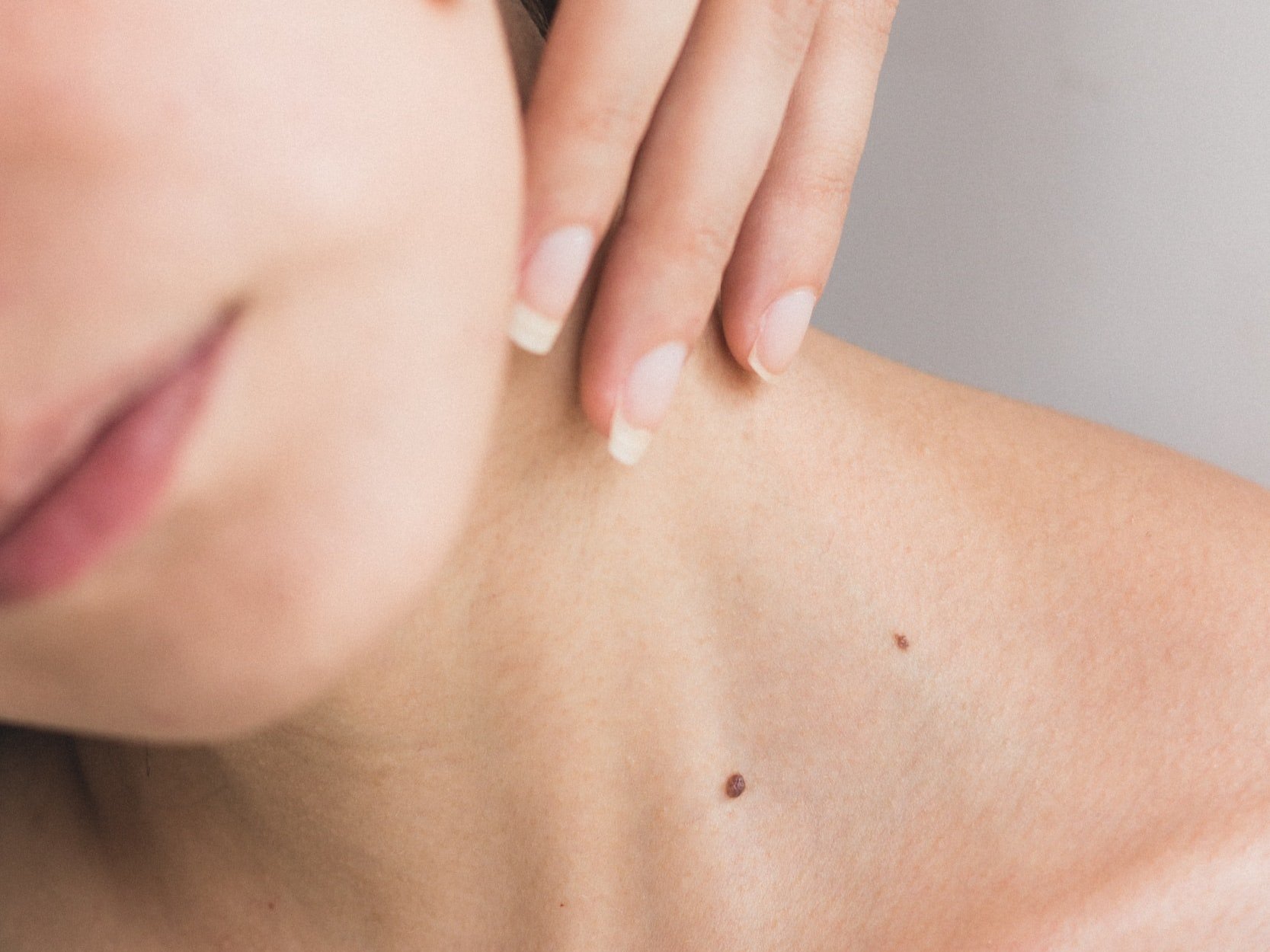Skin Cancer & How to Not Die From It
The Most Common Cancer in the World is…
Skin cancer is the most common form of cancer in the United States, with over 5 million cases diagnosed each year. Despite this, skin cancer is also one of the most preventable types of cancer, and early detection and treatment can greatly increase the chances of a successful outcome.
One of the key ways to prevent skin cancer is through regular screenings. These screenings are usually performed by a dermatologist and involve a thorough examination of the skin to check for any abnormal moles or growths. During a screening, the dermatologist will look for any signs of dysplastic nevi, which are abnormal moles that can be an early warning sign of melanoma. If a dysplastic nevus is found, the dermatologist will likely recommend that the mole be removed and biopsied to confirm whether or not it is cancerous.
If skin cancer is detected, the next step is to determine the stage of the cancer. This is typically done through a biopsy, in which a small sample of the abnormal tissue is removed and examined under a microscope. Depending on the results of the biopsy, the dermatologist may recommend one of several treatment options.
For early-stage skin cancers, such as basal cell carcinoma or squamous cell carcinoma, the most common treatment is surgical excision. This involves removing the cancerous tissue along with a margin of healthy tissue to ensure that all of the cancer cells have been removed. In some cases, radiation therapy or topical chemotherapy may also be recommended.
For more advanced melanoma, the treatment options may include surgical excision, radiation therapy, and/or immunotherapy. Depending on the stage of the melanoma, the dermatologist may also recommend clinical trials to evaluate new treatments.
While skin cancer is a serious disease, it is also one of the most preventable types of cancer. By catching skin cancer early, through regular screenings and self-exams, the chances of a successful outcome are greatly increased. Additionally, avoiding sun exposure, wearing protective clothing and sunscreen, and being mindful of any changes in moles or other skin growths can all help to reduce the risk of skin cancer.
In conclusion, skin cancer is a serious and preventable disease, and early detection and treatment are key to a successful outcome. Regular screenings and self-exams, as well as taking steps to protect your skin from the sun, are all important in preventing skin cancer. If you notice any changes in your moles or any other unusual skin growths, don't hesitate to contact a dermatologist for an evaluation.

